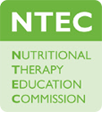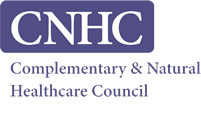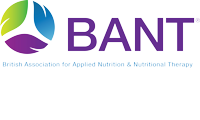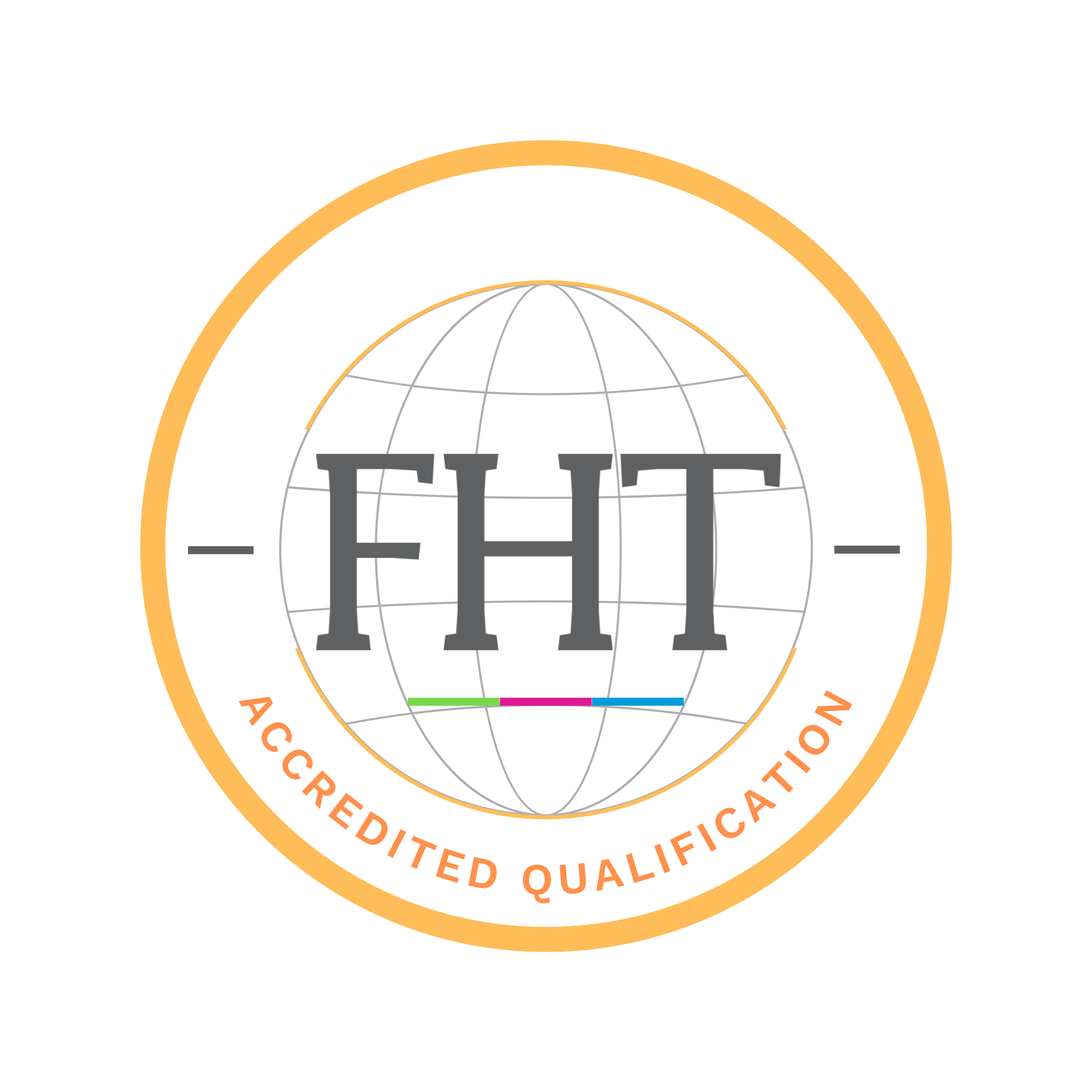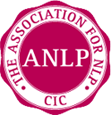Research at CNELM
Personalised Medicine is a rapidly emerging approach that will revolutionise the current medical paradigm. Personalisation is particularly applicable to the field of Nutrition, and over the next decade CNELM is investing in building a research centre focused on Evidence-Based Personalised Nutrition and Evidence-Based Health Coaching. CNELM will be officially launching the research centre in 2022 as part of its 21st Anniversary celebrations.
CNELM’s research centre will focus on the following areas:
- Systematic Literature Reviews relevant to Personalised Nutrition practice.
- Development and Statistical Analysis of Clinical Questionnaires.
- Development of Machine Learning Tools for Personalised Nutrition.
- Statistical Analysis of Laboratory Tests.
- Theoretical/Mathematical Foundations of Personalised Nutrition.
- Randomised Controlled Trials on the Clinical Efficacy of Personalised Nutrition
- Qualitative Analysis of the Client experience of Nutritional Therapy and Personalised Nutrition.
- Theoretical Foundations of Health Coaching.
- Development of Health Coaching Techniques.
- Randomised Controlled Trials on the Efficacy of Health Coaching.
To achieve this, our objective is to build bridges between academic disciplines: bringing together computer science, machine learning, cognitive science and systems biology with nutritional science and clinical epidemiology.
In particular, CNELM is working with Euzen, which is a new nutritional therapy service – founded by CNELM’s directors – that applies the approach to Personalised Nutrition and Health Coaching developed at CNELM. Our intention is to analyse Euzen’s clinical data to develop clinically applicable evidence-based tools for Personalised Nutrition practice.
Evidence-Based Personalised Nutrition
Personalisation can either mean interventions that are targeted at disease population subgroups, or interventions that are tailored to the individual. The former is sometimes known as stratification and the latter as individualisation. At CNELM, our principal approach is ‘individualised’.
Tailoring a nutritional intervention to the individual involves: (1) a detailed evaluation of an individual’s case-history and functional biochemical test results; and (2) using this analysis to design interventions that can vary from individual to individual, even though those individuals may present similarly. Importantly, at CNELM we also recognise the utility of stratification where appropriate; moreover, we are particularly interested in the advantages afforded by blending both approaches.
In either approach, personalised nutrition interventions involve specific diet & lifestyle changes and supplementation recommendations designed to work together synergistically to achieve a positive outcome. Currently, these interventions are designed using Patho-Physiological Reasoning (PPR): this means reasoning about the mechanisms of pathology or disease present in the individual to design a positive intervention. However, PPR plays a more significant role in tailored personalisation, as the clinician is the one performing the PPR. In stratification, this reasoning is performed beforehand by nutritional scientists, and hence can have less flexibility in many instances.
Personalisation should provide demonstrable improvements to healthcare outcomes. Demonstrable improvements require clinical evidence; to this end we use Greenhalgh’s definition of Evidence Based Medicine (EBM) to define our approach:
“[EBM is … ] the use of mathematical estimates of the risk of benefit and harm, derived from high-quality research on population samples, to inform clinical decision-making in the diagnosis, investigation or management of individual patients.”
However, we change the word ‘estimates’ to ‘models’. These models, when combined with Randomised Controlled Trials (RCTs), provide an evidence-based approach to personalised nutrition. We call this combined approach Evidence-Based Patho-Physiological Reasoning (EB-PPR).
Evidence-Based Health Coaching
CNELM’s approach is to understand, model and describe coaching interventions using 4E cognitive science and then use the clinical epidemiology studies to understand the effect of health coaching on adherence to Personalised Nutrition interventions.
4E cognitive science (Embodied, Embedded, Enacted and Extended) is an interdisciplinary approach that combines psychology, philosophy, neuroscience, computer science, linguistics, anthropology and Artificial Intelligence to understand how human beings think and act.






